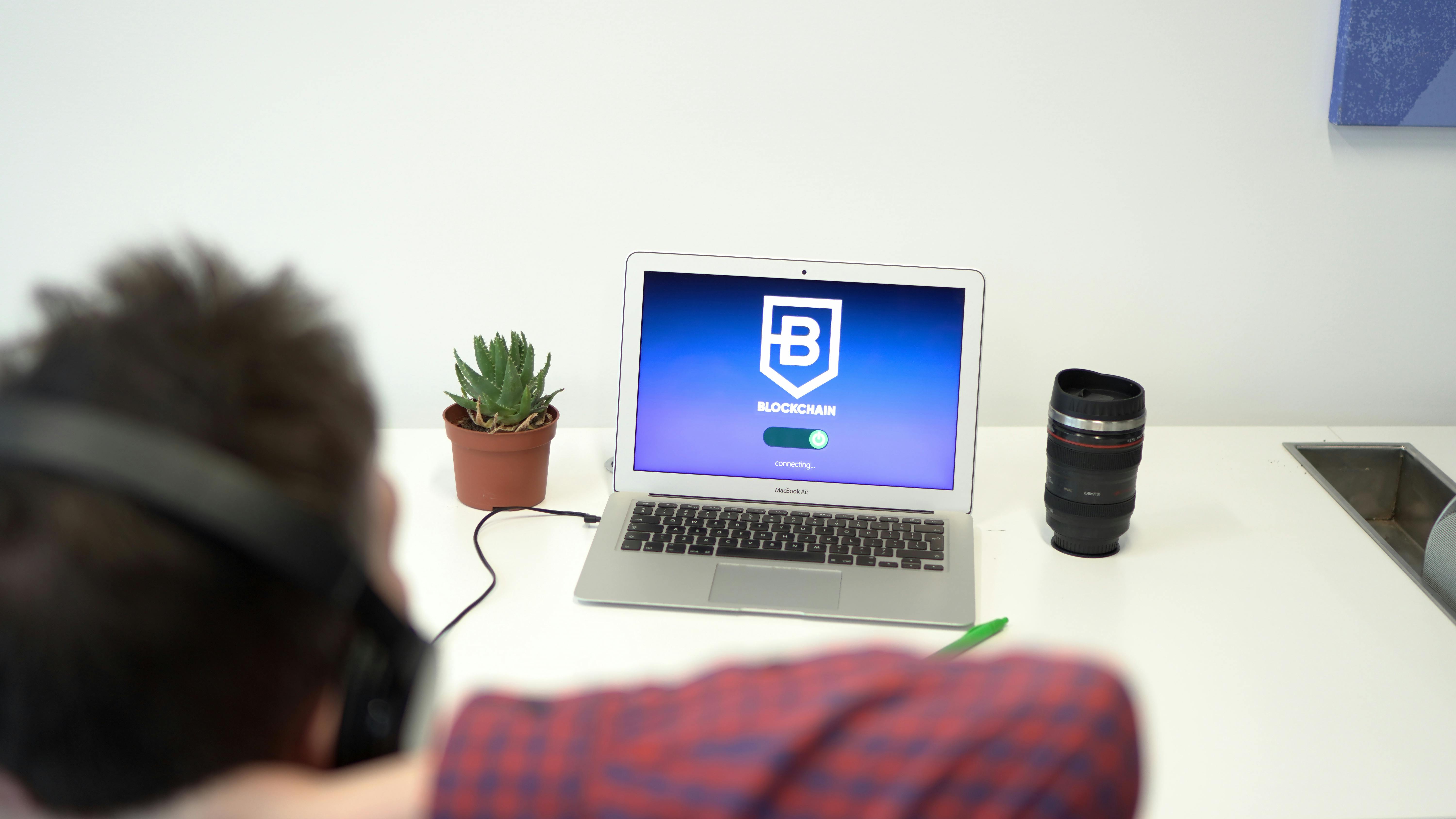Brazil Cybersecurity Checklist: Essential Steps for Remote Work
You know what always surprises me? Just how quickly Brazilian businesses adapted to remote work—even before COVID-19 forced our hands, I’d see teams scattered across São Paulo, Recife, and even little Florianópolis, all collaborating online like it was nothing new. But (and here’s the kicker), with that rapid evolution came a digital security gap you could drive a bus through. I learned this the hard way—back in 2021, one of my small business clients called in a panic after their accountant’s home Wi-Fi got hacked mid-tax season. Their payroll files? Locked by ransomware. The ransom: more than their monthly revenue.
If any of this sounds familiar—whether you’re a remote worker, a digital agency, an ecommerce start-up, or the new HR lead suddenly juggling WhatsApp work groups and Google Drive folders from your kitchen table—believe me when I say you’re not alone. Brazil’s cybercrime landscape isn’t just evolving, it’s exploding1. In 2023, Brazilian businesses reported a 50% jump in phishing attacks. That’s not a typo. And those numbers probably underreport what my industry friends and I see every week, from simple password slip-ups to elaborate business email compromise.
Why a Cybersecurity Checklist—Now?
Here’s the thing: cybersecurity is no longer some “IT department problem.” In Brazil, everyone now owns a piece of the risk, whether you’re a freelancer, a founder, or a solo-preneur. With the LGPD (Lei Geral de Proteção de Dados) in force, one leak can cost you not just in lost revenue, but government fines and lasting reputational damage2. So, why a checklist? Because clear, bite-sized action items make sense—you don’t have to be a tech wizard to start protecting your business and your future.
Foundations: What Every Remote Worker in Brazil Must Know
Before we even talk about technology, let’s look at the big picture. The way we work has changed—fast. A 2023 study by Symantec found that 62% of Brazilian businesses adopted remote or hybrid models permanently after the pandemic3. Many of us, myself included, didn’t have a clue what a VPN was in 2018, let alone how to keep sensitive contracts—or Pix transfer confirmations—safe from prying eyes.
Brazil ranks among the top three countries in Latin America for cybercrime damages—second only to Mexico, according to a 2023 Interpol regional report4. This isn’t just a “big company” problem.
What makes Brazil unique? For starters, we blend work and tech in ways North Americans don’t always understand. WhatsApp isn’t just a chat app—it’s a sales channel, a file sharing tool, sometimes even a “database.” Most remote professionals use a mix of personal and work devices (bring-your-own-device, or BYOD), and it’s common to see passwords scribbled on notepads next to a mug of cafezinho. I’m not judging—I’ve done it myself! But it introduces risks that attackers love to exploit5.
You don’t need a Silicon Valley budget to stay secure. The real power comes from small, consistent steps—done by everyone on the team, from interns to CEOs.
Device Security: Laptops, Smartphones & BYOD Realities
If I had a real for every time a friend or client told me “I lost my phone and all my client data is gone,” I’d be writing this from a beach in Bahia. Device risk is where most breaches actually begin. Think about it: in Brazil, 72% of small business owners use their personal smartphone for work tasks6. Some of those phones never see an antivirus update, don’t have PIN codes, and auto-connect to Wi-Fi at every local padaria. Not ideal!
- Always enable device encryption (yes, even on cheaper Android models—it’s usually one click in settings).
- Keep operating systems and apps updated—do it this week, not “one day.”
- Install a trusted antivirus or endpoint security tool, even basic free solutions—these block many run-of-the-mill attacks.
- Set strong PINs or biometrics—and don’t share these with colleagues “just for this week.” (Guilty! I’ll admit it.)
- Think before connecting to public Wi-Fi—if you must, use a VPN.
The day my laptop was nearly bricked by a dodgy software update? Humiliating—and a wakeup call. Now, I back up data twice a week—encrypted, and away from my main devices. Paranoid, or just experienced? You decide.
Passwords & Authentication: Simple Steps, Massive Impact
Ever notice how “123456” and “senha123” are still among the most used passwords in Brazil? I refuse to judge—I’ve inherited client accounts with those exact combos. Still, it’s a game of Russian roulette. According to 7 a 2023 study from Kaspersky, 70% of successful breaches in Brazilian SMBs involved password reuse or weak credentials. I’ll admit, I used to think two-factor authentication was overkill for a tiny business. Then a friend’s company in Porto Alegre lost access to their supplier dashboard for days after a credential stuffing attack.
- Use a password manager—stop using mental gymnastics to track “that one special password I know.” I teach all my clients to use free managers (keePassXC and Bitwarden are solid options for Brazil8).
- Enable two-factor authentication (2FA) everywhere possible—even WhatsApp offers this! The extra few seconds just might save your job.
- Never share credentials over email or chat—use password manager “share” functions or meet in person if you absolutely must.
- Immediately change passwords after a vendor breach—قبل you get compromised.
According to CERT.br, over 60% of Brazilian businesses that fell victim to ransomware in 2023 traced the infection back to a compromised employee password9.
Phishing & Social Engineering: The Human Firewall
If you take one thing away from all this: technology won’t save your business from itself. No firewall or antivirus can stop an employee (or founder!) from clicking on a legit-looking but fake Boleto link. The rise of Pix and fast e-invoicing has only made phishing smarter—I’ve gotten “Banco do Brasil” WhatsApp messages that looked real enough to scare even me.
- Never click links from unsolicited emails or WhatsApp messages—even if the language seems authentic.
- Always verify payment requests by another channel (call or official app)—scammers mimic suppliers and payroll offices.
- If in doubt, report and delete. It’s better to lose a minute than blow the payroll.
- Educate your team—run simulated phishing exercises using free online tools or local university programs.
I once wired money to a “vendor” whose email address was one character off from my real supplier—right in the middle of Carnaval prep. My client got the funds back, but only after days of headaches and legal filings. Trust me, you only make that mistake once.
Cloud & Data: Keeping Brazilian Operations Safe
Let’s cut through the jargon: Cloud storage and SaaS aren’t silver bullets, but they’re better than emailing Excel sheets around (which, yes, people still do). In Brazil, over 77% of small businesses now use cloud-based platforms for at least واحد critical function10. That’s payments, HR files, customer lists—all prime targets.
- Choose reputable, LGPD-compliant cloud providers—no more “friend of a friend runs a Dropbox server” setups.
- Encrypt sensitive files before uploading—even Google Drive has simple options. Don’t rely solely on provider security.
- Set sharing permissions carefully. Once, a client gave “edit” access to a confidential HR spreadsheet to their entire team by accident—nightmare!
- Back up data weekly—and test restores. If you can’t get your files back quickly, your backups aren’t working.
Regulatory fines under LGPD aren’t the killer—losing customer trust is. One retailer lost 40% of its monthly app users after a single exposure (and it was “only” names and emails, not even credit cards).
| Cloud Service | Encryption Support | LGPD Ready | Backups |
|---|---|---|---|
| مساحة عمل جوجل | Yes (default, plus custom) | نعم | Auto + Manual |
| AWS Brazil | Yes (advanced) | نعم | Manual setup |
| دروبوكس | Yes (basic) | جزئي | Manual/Auto |
| Locaweb (BR) | Yes (extra setup) | نعم | Manual |
Be wary of providers who dodge LGPD questions or refuse to sign DPA (Data Processing Agreements). It’s a red flag that they’re not prepared for Brazilian data protection law.

Compliance & LGPD: What Small Businesses Can’t Ignore
Here’s where things get real—fast. When the Lei Geral de Proteção de Dados (LGPD) landed in 2020, some business owners shrugged it off as “just for banks, not my business.” As of last year, though, I’ve seen two tiny marketing agencies get flagged by the ANPD (Brazil’s National Data Protection Authority)—one over a WhatsApp broadcast that included new client leads, another for emailing customer lists without consent11.
Okay, so what’s the minimum? At the very least, every remote worker and business must:
- Collect only the data you truly need—no more “collect everything just in case.”
- Have a privacy notice that is easy to find و واضح—a single WhatsApp PDF is better than nothing.
- Map out where client data lives (spreadsheets? WhatsApp? Google Drive?) and who can access it.
- Respond promptly to data requests—if a client asks to see or delete their data, you have to comply (and fast).
- Delete or anonymize data you no longer use. Holding on “just in case” is now dangerous.
Once, I had a client use a free “lead magnet” download on their website. They never told users what would happen to the emails collected. A GDPR-savvy visitor from Europe raised a complaint, and the ANPD reached out within days—scary stuff.
Most important: document your processes. Even a one-page protocol, shared over WhatsApp and signed digitally, is a huge leap. Documented effort matters when (not if) the auditors knock.
The Brazil Remote Work Cybersecurity Checklist
Here’s what I keep posted above my desk—and what I recommend to every client, regardless of size or budget:
- Update all devices and software weekly (settings & apps).
- Enable device encryption and biometric/PIN security.
- Install trusted antivirus or endpoint security.
- Use unique, complex passwords for every work account; store them with a password manager.
- Activate two-factor authentication wherever possible (especially WhatsApp, banking, and email).
- Never click links from unknown or untrusted senders; verify payment info via phone or official app.
- Use only LGPD-compliant cloud providers and encrypt sensitive data before uploading.
- Map out where client data lives; securely delete any unnecessary records.
- Create a data breach action plan (even a simple document is better than nothing).
- Train every team member on phishing, password safety, and privacy basics—regularly.
Can you do all of this perfectly, all the time? Of course not. Even I don’t bat 100%. But every step you add is another lock on the door—attackers look for the open windows, not the houses with layers of security.
| Security Task | Who’s Responsible? | Recommended Frequency | Don’t Forget |
|---|---|---|---|
| تغيير كلمات المرور | All staff | Quarterly (min), after incidents | Update across all devices |
| Back up data | One appointed admin | Weekly | Test restores |
| Anti-phishing training | Team lead/manager | كل 6 أشهر | Simulate attacks for practice |
| Device/software updates | All users | Weekly | Don’t skip phone OS |
The Brazilian government updated its official cybersecurity guidelines for SMBs in March 2024, emphasizing cloud security and LGPD process documentation even for companies with fewer than five employees12.
Print this checklist. Stick it on your monitor, share it in your staff WhatsApp, or email it to your accountant. The first step is starting.
Further Resources, Expert Opinions & References
Where should you turn if you’re still overwhelmed or need step-by-step help? I’m always looking for resources that genuinely make my clients’ lives easier, not just more complex. Consider these next steps:
- Follow updates from the ANPD for the latest on LGPD compliance and enforcement actions.
- Check out government guides from Cartilha de Segurança para Internet (NIC.br) for Brazilian-portuguese basics written in plain language.
- Use security training tools from leading cloud providers (even the free ones can be surprisingly good!).
- Review the academic work coming out of São Paulo’s universities—top Latin America contributors in cyber research.
- Join WhatsApp or LinkedIn groups focused on Brazilian cybersecurity for real-talk guidance from others “in the fight.”
Cybersecurity isn’t one-and-done. Even the most careful plan needs revisiting—what kept your business safe last year might be a wide-open door today. I’ve learned (sometimes painfully) that humility—not just expertise—is the real secret. Be curious, pay attention, ask for help. That’s true security.
If you’ve read this far, you’re already ahead of the curve. Share these steps, update one habit this week, or schedule your next team training. Simple things, consistently done, keep your business thriving—no matter where your “office” is in Brazil.
مراجع



